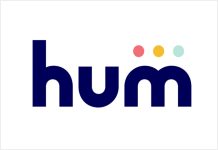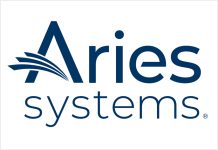
ProQuest is boosting the visibility of e-books in library collections by providing for the full text of an additional 400,000 e-books to be discovered and accessed as part of a broad search of library holdings. The initiative to improve e-book visibility began in early 2011 when Serials Solutions pioneered indexing of the contents of the HathiTrust collection in its Summon® discovery service. Just months later, ProQuest debuted the first full-text indexing of ebrary’s popular collection of e-books. Now, ProQuest expands that effort with virtually every title in ebrary’s collection richly indexed in the Summon service and discoverable from the “front door” of the library.
“Our 2011 Global Student E-book Survey identified discovery as an area of the e-book experience that could be substantially improved,” said Kurt Sanford, ProQuest CEO. “More than 47 percent of respondents reported that they aren’t using e-books because they don’t know where to find them. With all of ebrary’s titles indexed within Summon, researchers and faculty can now more efficiently discover them, enabling the library to earn more value from its e-book collection.”
The Summon service searches more full text than any other discovery service, exposing researchers to content in collections that might otherwise remain buried. Summon searches across all of a library’s ebrary products, encompassing titles acquired through subscription, patron driven acquisition, short-term loan, and perpetual archive models. As a result, strategic acquisition can occur within the ebrary platform but can start from the library’s point of discovery, dramatically streamlining ordering and precisely tuning the library’s holdings to users’ needs.
“ProQuest is committed to pioneering technology and business models that empower libraries to get more from their content investments and deliver the best research experience for their users,” said Mr. Sanford. “Combining the expertise across the ProQuest enterprise with deep understanding of our customers needs, we intend to continually remove obstacles between people and information, advancing knowledge around the world.”



























